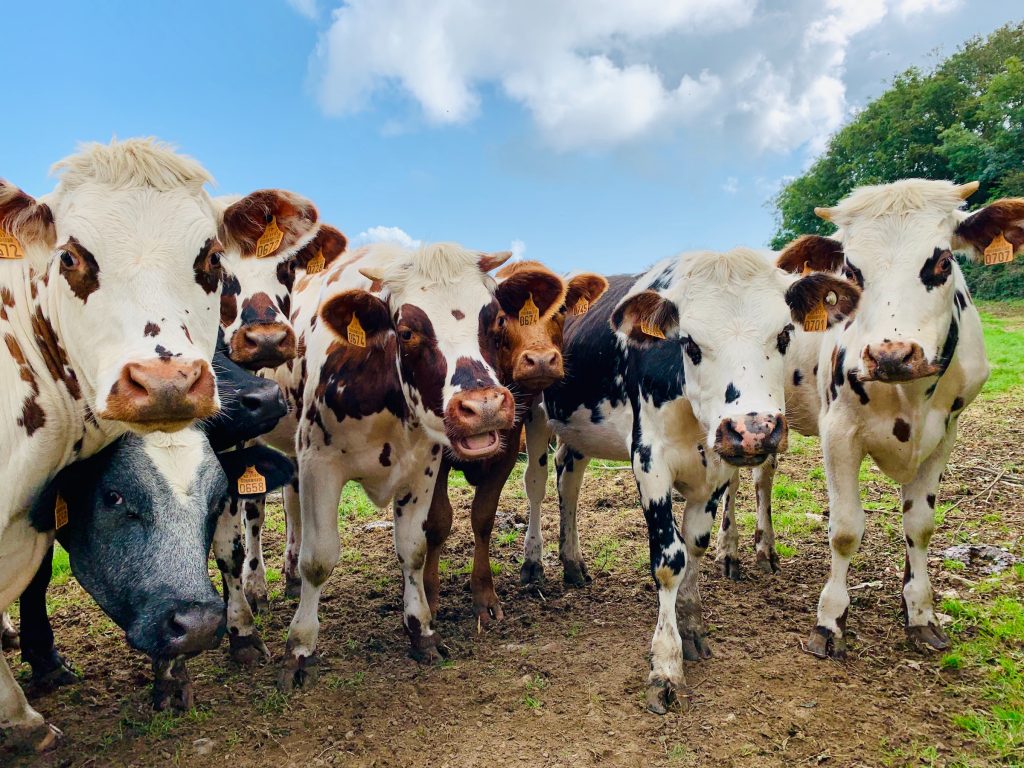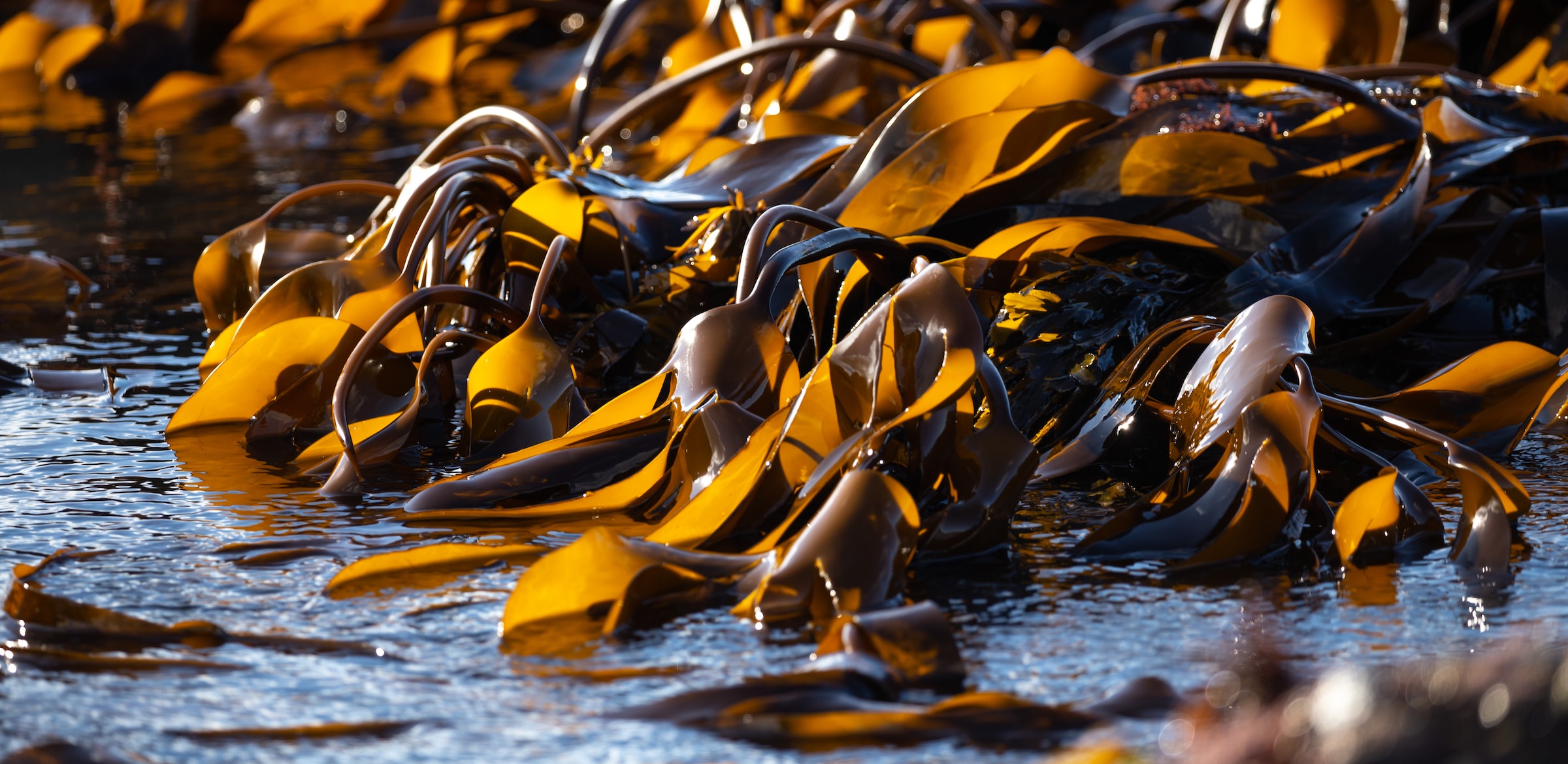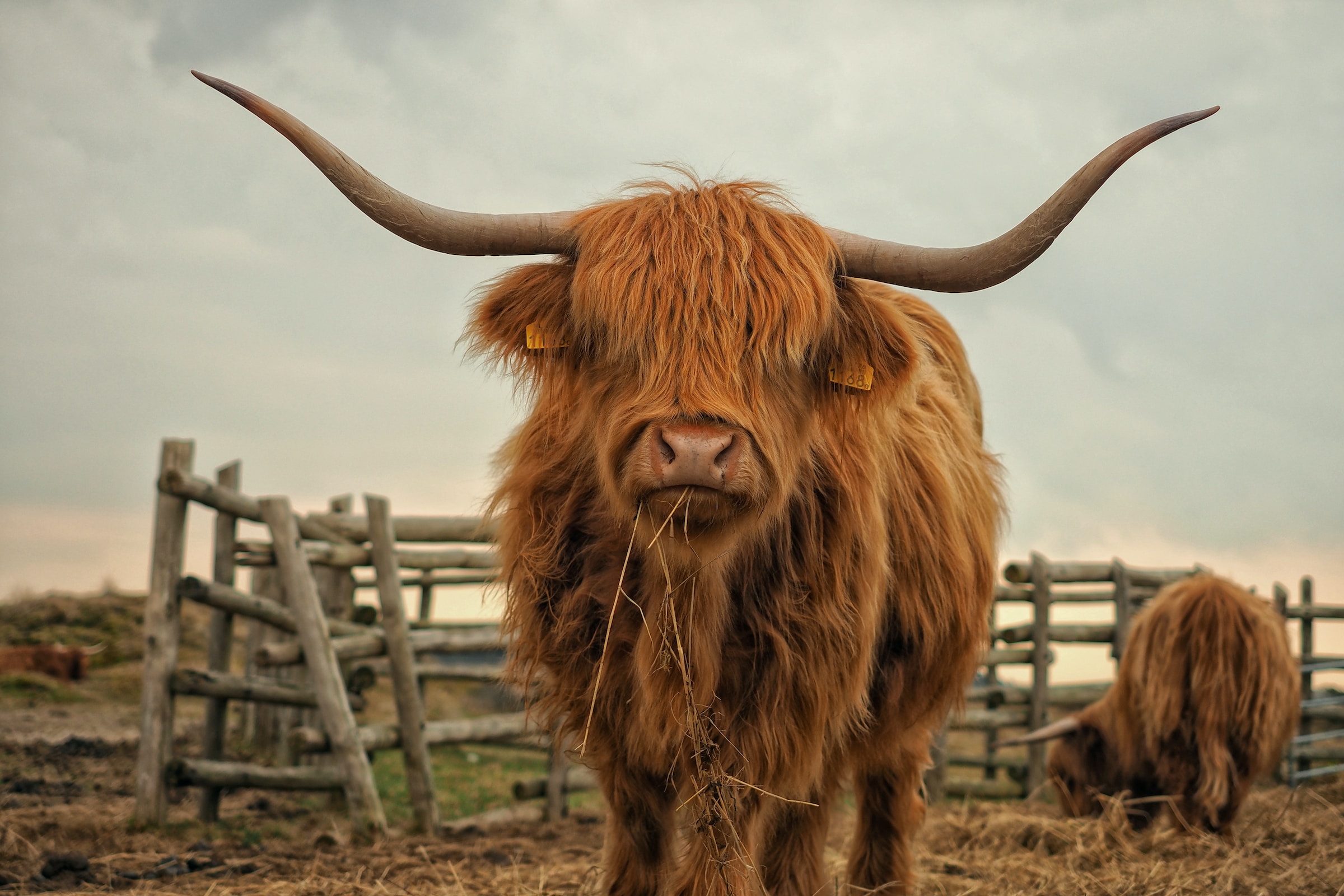
Swedish Push to Feed Cows Seaweed: A Step Toward Curbing Methane Emissions
A recent study conducted by the Swedish Environmental Protection Agency has ignited hopes of using seaweed as a cow feed additive to drastically reduce methane emissions. The report, focusing on innovative ways to combat climate change, has found promise in the likes of red algae and 3-nitrooxypropanol (3-NOP) to serve this purpose.
The Seaweed Solution
Researchers have identified that feeding cows red algae, particularly bromoform – the active component, can potentially curb methane emissions from meat animals by up to 90%. However, there is a call for deeper insight into the cultivation and application of this seaweed before it can be widely adopted.
An original breakthrough regarding the impact of seaweed on methane emissions was first noted by Australian scientists. The mechanism is straightforward: the seaweed hinders microorganisms in the cow’s stomach from producing methane.

Chemical Intervention with 3-NOP
Beyond seaweed, the chemical 3-NOP has been making waves in Sweden and other regions. Already approved for use in the EU for dairy cows since February 2022, this compound can reduce methane emissions by approximately 30% in dairy cows and a commendable 45% in meat cattle.
The Road Ahead: Research and Policy Measures
While these findings are certainly promising, there is a need for caution. The report mentions that the long-term effects and implementation barriers within production systems remain uncertain.
Emma Carlen, a climate analyst at the Swedish Environmental Protection Agency, stressed the novelty of these measures and the necessity for further research. She highlighted the financial burden on farmers as one of the primary challenges, emphasizing the potential need for financial aid.

Pioneers in the Field
Volta Greentech, a visionary company spearheading the initiative of land-based seaweed factories in Sweden, has reported an 80% daily reduction in cows’ methane emissions in its pilot projects. Fredrik Åkerman, the CEO of the firm, expressed optimism about their strategy’s impact on the environment.
The company has implemented sensors to measure methane emissions before and after the feed’s introduction, ensuring data accuracy and authenticity.
Policy and Profitability: Striking a Balance
For the industry to thrive, policy measures need to catch up. Åkerman mentioned the challenges in selling a cost-intensive product in the absence of incentives. As industries across the globe grapple with the realities of climate change, innovations like seaweed-based feed additives are becoming crucial. The next steps for Sweden and the broader global community involve diving deeper into research and crafting policies that bolster sustainable initiatives.
The call to action is clear: adopt innovative measures, support research, and create an environment where sustainability is not just a choice but an imperative.
©eco-guardians.org